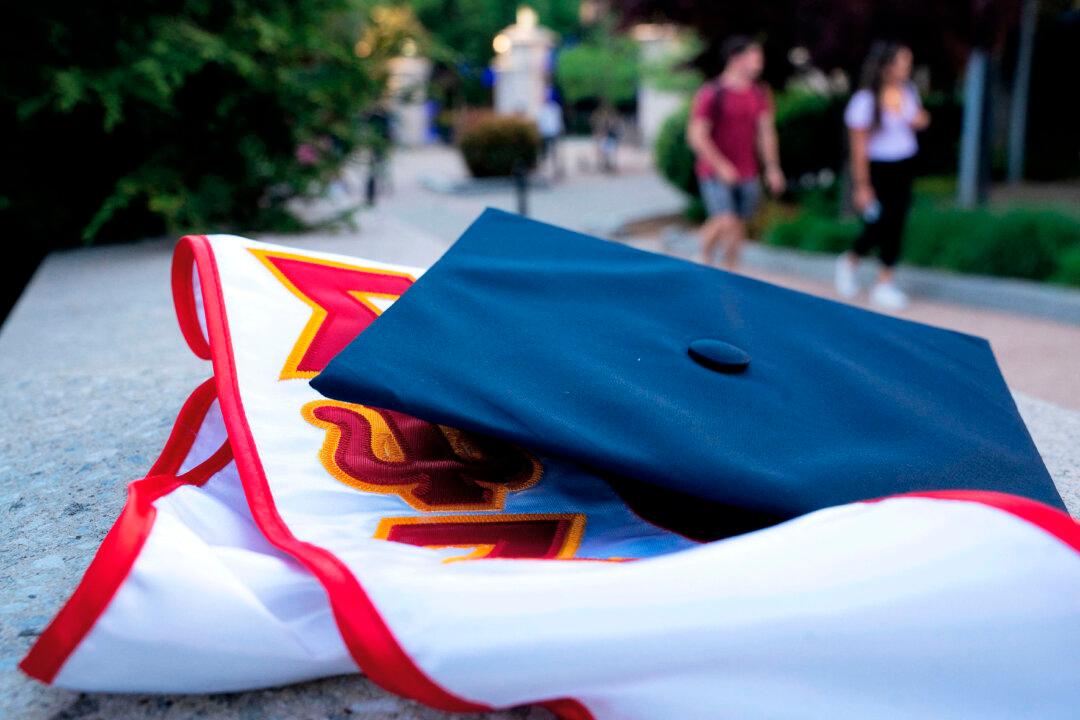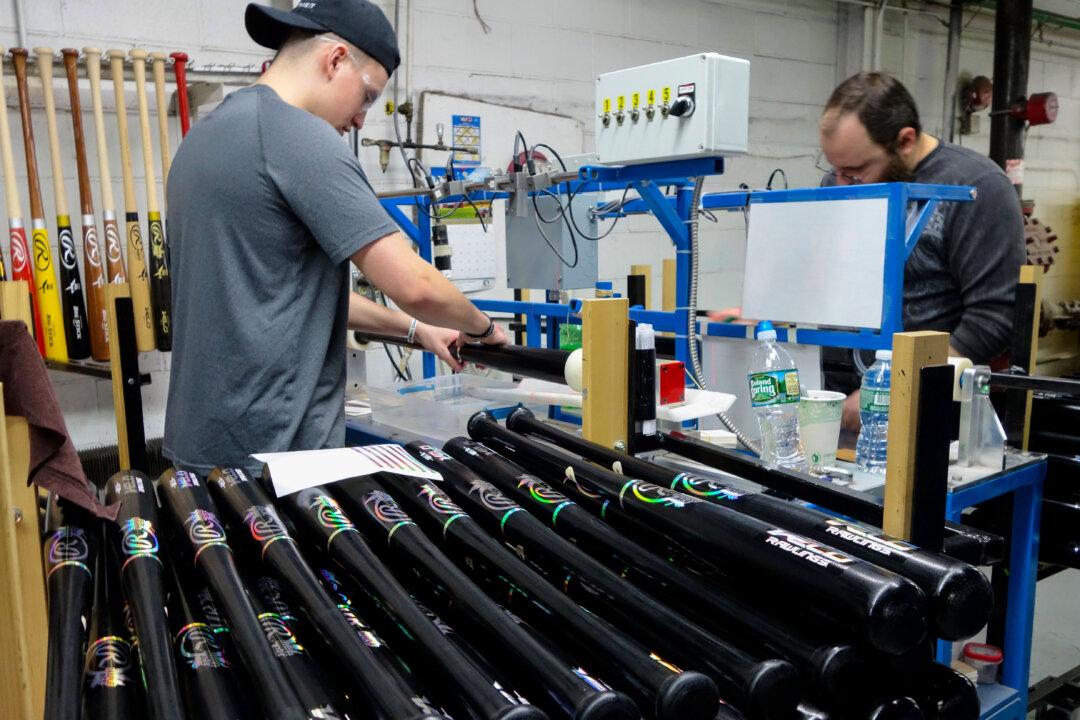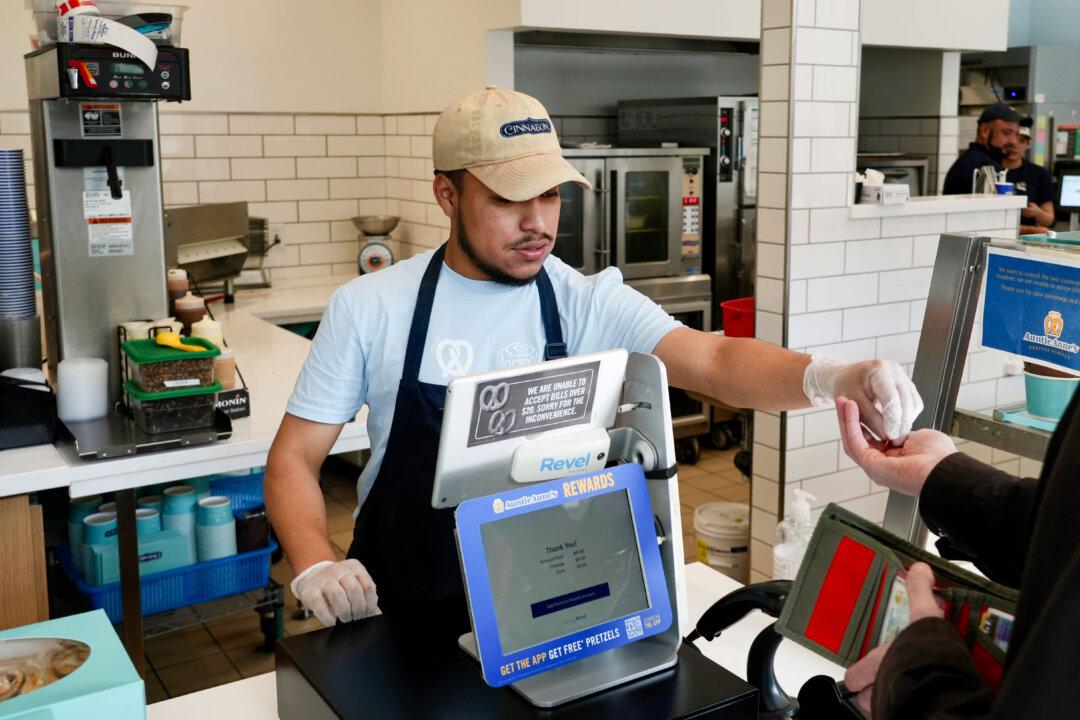According to the Graduate Management Admission Council (GMAC), the number of Master of Business Administration (M.B.A.) degree applications in 2024 is on the rise. Some view this as an indication that young workers are looking to improve their job opportunities by taking more elite-level courses. Others, however, view the rise as a pandemic-era correction or an indicator that artificial intelligence (AI) is making the MBA application process easier than ever.
“If you had a bad experience in your undergraduate education, what you should do in pursuing your MBA is to find a different school and not go back to the same institution,” Clemens Kownatzki, Pepperdine University associate dean with the Graziadio Business School, told The Epoch Times.





